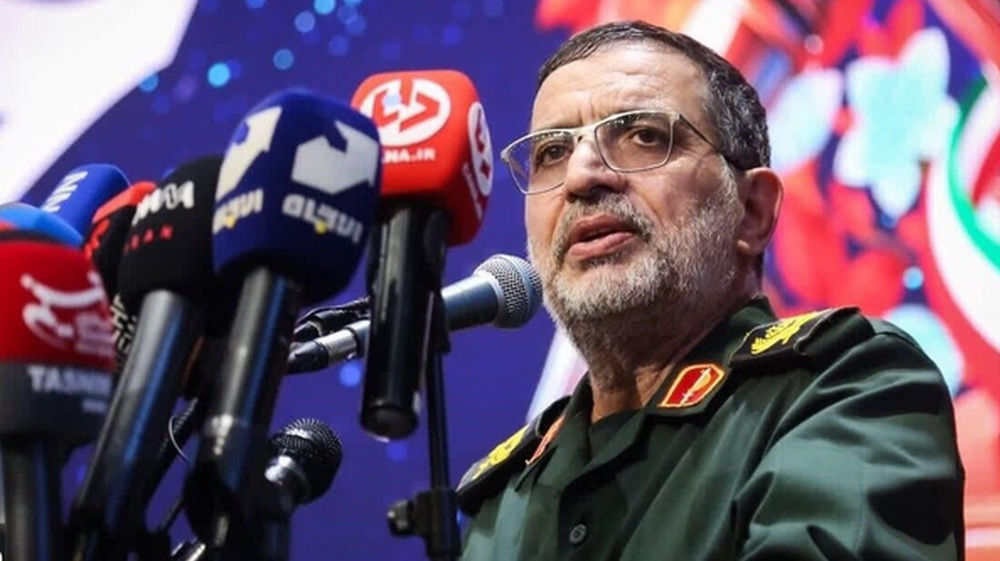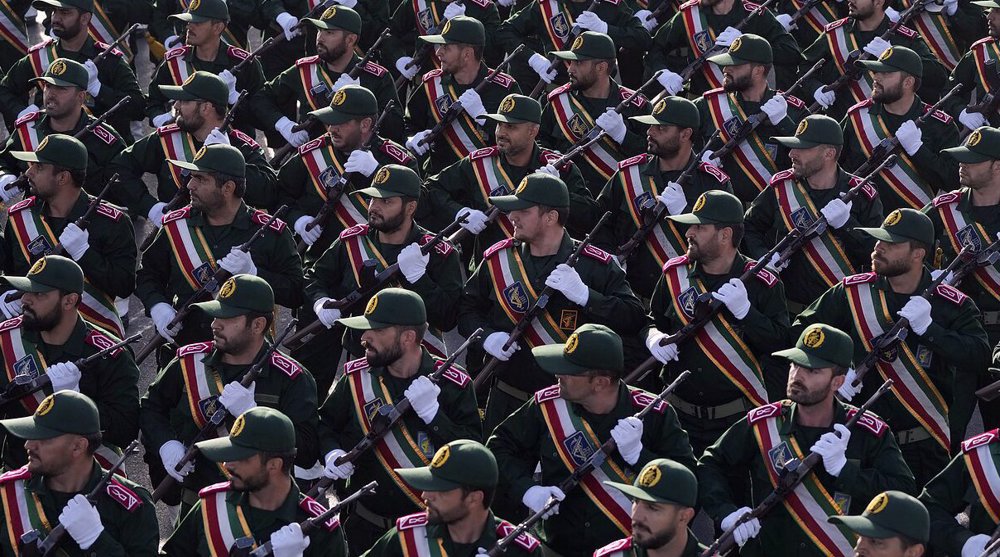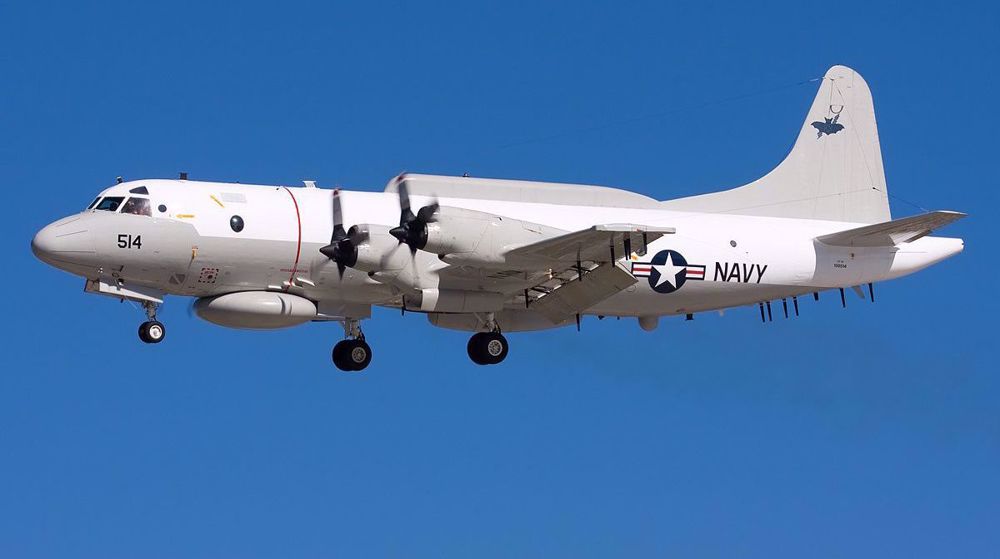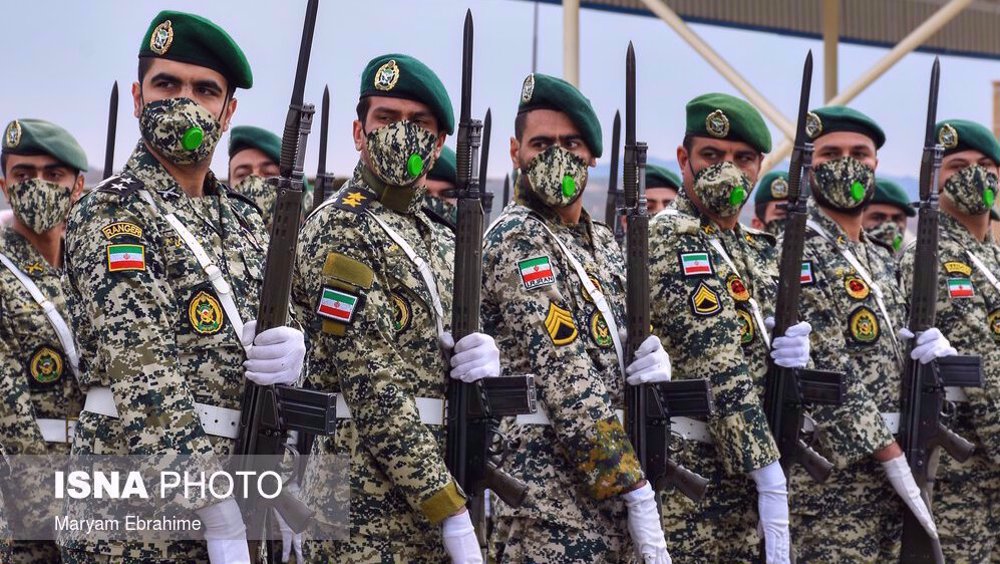Iranian Army warns off US spy aircraft near Sea of Oman
The naval units of the Islamic Republic of Iran’s Army has identified and warned off a US spy aircraft after it entered the country's borders near the Sea of Oman.
The Navy’s Public Relations Office was cited by Tasnim news agency as saying on Sunday that a US Navy EP-3E aircraft entered the borders in the vicinity of the Sea of Oman, but “with the full vigilance of the Navy’s forces and by sending warnings to the plane, it was prevented from entering the country's sky without authorization.”
The news agency said, “After receiving the warning message, the aircraft left the country's air border and returned to international air routes.”
The EP-3E aircraft, with four turboprop engines, is made by the US military aircraft manufacturer Lockheed Martin.
The plane is equipped with all kinds of electronic warfare systems, signal collection and wiretapping systems. The navies of the United States and Japan are the only users of the spy aircraft.
The Iranian Armed Forces have on numerous occasions warned that they will not allow the enemies to undermine the security of the people and the country and will continue to closely monitor the sinister moves of the enemies, especially the US and the Israeli regime.
Since the Biden administration came to power, the US-Israel military cooperation has rapidly expanded to encompass unprecedented joint naval exercises in the West Asia region.
Back in January, the US and Israel conducted their largest joint military exercise in history, codenamed Juniper Oak, in the Eastern Mediterranean Sea. Some 6,400 American and 1,500 Israeli troops participated in the training exercise, involving more than 140 aircraft, an aircraft carrier, and live fire exercises with over 180,000 pounds of live munitions.
Iran’s naval force has in recent years made great achievements in manufacturing its defense equipment and expanding its presence in international waters and high seas.
Tehran has repeatedly made clear that its homegrown military capabilities remain defensive and deterrent in nature and are intended to keep foreign intruders from destabilizing the region. It has also urged Persian Gulf states to quit relying on foreign powers for their security and that regional security can only be achieved by neighboring states.

‘Guardians of Revolution’: IRGC warns enemies it is at ‘peak of all-out readiness’

‘Deterrent and defensive’: Armed Forces say IRGC vanquishes any enemy at any level

Iranian Armed Forces achieve ‘most sophisticated’ defense technology: Military official
Lebanese parliament speaker rejects disarmament of Hezbollah amid Israeli aggression
China supports Iran’s peaceful nuclear program, diplomatic engagement: Envoy
Yemen vows payback as Saudis, Emiratis whisper dirty US plots in the dark
Oil Minister Paknejad: Russia to build nuclear plant in Iran with own funds
UAE deploys radar in Somalia to monitor Yemen’s anti-Israel strikes
Iran summons Dutch envoy over 'baseless' accusations against Tehran
VIDEO | Press TV's news headlines
India, Pakistan exchange fire as UN calls for 'maximum restraint'








 This makes it easy to access the Press TV website
This makes it easy to access the Press TV website